A Dramatic Deal
MLB blockbuster trade sends Prince Fielder to Rangers for Ian Kinsler
Richard Justice of MLB.com might be baseball's newest prophet. When asked about the the state of the Texas Rangers during last week's general manager meetings, he surveyed the situation like a soothsayer.
"I think Nolan Ryan leaving really put the pressure on Jon Daniels to make a dramatic move," Justice said. "He’s the only GM that I heard last week at the meeting saying, ‘Our needs can’t be filled internally. We have to go outside and make a move.’"
And boy, was Wednesday night ripe for drama. The blockbuster trade of Ian Kinsler felt like a shot across the bow. Daniels and the Rangers sent Kinsler to the Detroit Tigers for first baseman Prince Fielder. Both players must pass physicals for the trade to be final. But all signs point toward Kinsler being an ex-Ranger.
Kinsler's departure is lamentable on many levels, but Texas had to make a drastic move after twice failing to win the AL West.
How quickly did it happen? One news outlet reported the Rangers and Tigers were talking about the deal and 20 minutes later the same outlet was reporting it was a done deal. After that, it spread across the Internet like it was a late summer Colorado brush fire. And where there’s smoke, well, you know.
Kinsler’s departure is lamentable on so many levels. Aside from being the sparkplug for two World Series teams, Kinsler became the face of the organization after signing a five-year extension in 2012 worth $75 million, which at the time made him the highest-paid second baseman in baseball.
Rangers fans love him much the way they love Michael Young, Rusty Greer and Nolan Ryan. But business is business, and Kinsler is a means to an end for a Rangers team disappointed by two straight seasons of failing to win the AL West.
The Rangers need power in the middle of their lineup and Fielder could be the perfect answer. He is a career .286 hitter with 285 career home runs, including seven-straight 30 home run seasons. Plus, he’s missed just one game in the last five seasons.
First base is a position where the Rangers have struggled for consistent power, and Fielder would give that to them. Last year’s first baseman, Mitch Moreland, hit a career-high 23 home runs last year. Fielder only hit 25 home runs a year ago, but it was his career low.
It also merits mentioning that Fielder played 81 games at Comerica Park in Detroit, a notorious pitcher’s park with an expansive outfield. Rangers Ballpark in Arlington is one of the best hitter’s parks in the game and Fielder’s sweet left-handed swing is tailor-made for the short porch in right field.
The Rangers kicked the tires on Fielder two years ago, but the price was too steep. The Tigers gave him a nine-year, $214 million deal, in part because an injury to then-first baseman Victor Martinez forced their hand. Fielder comes to Texas in Year 3 of the deal.
The Tigers are reportedly pitching in $30 million just to soften the blow for the Rangers, who inherit the final $138 million of the deal. In seven years, that’s an average salary of $19.7 million. That’s manageable for the Rangers, who are drawing more than 3 million fans and now have a billion-dollar local TV deal.
The Rangers also made a deal that doesn’t significantly impact their future. Fielder is 29, so he’s still in the prime of his career. He’ll provide great protection to Adrian Beltre in the batting order and soften the blow if Nelson Cruz goes elsewhere. In fact, one could argue this deal pretty much assures that Cruz won’t be a Ranger in 2014.
You could argue that Kinsler, 31, is starting to decline. In fact his power numbers have gone down each of the last two seasons after hitting 32 home runs in 2011. Trading Kinsler breaks up the infield logjam and now allows the Rangers to slide Jurickson Profar, their top prospect, into second base. It also puts to an end any Elvis Andrus trade talk. For now.
Plus, it does nothing to impact the robust pitching staff. In fact, the run support should get better for starters like Yu Darvish, who suffered from a lack of run support last season.
The Rangers didn’t sacrifice a single piece of their farm system, considered one of baseball’s best, to make this deal.
It’s one of those rare deals that, in an instant analysis, benefits both sides. Long-term? We’ll see. But if the Rangers’ goal is to get back to the World Series in 2014, this is a very promising start.
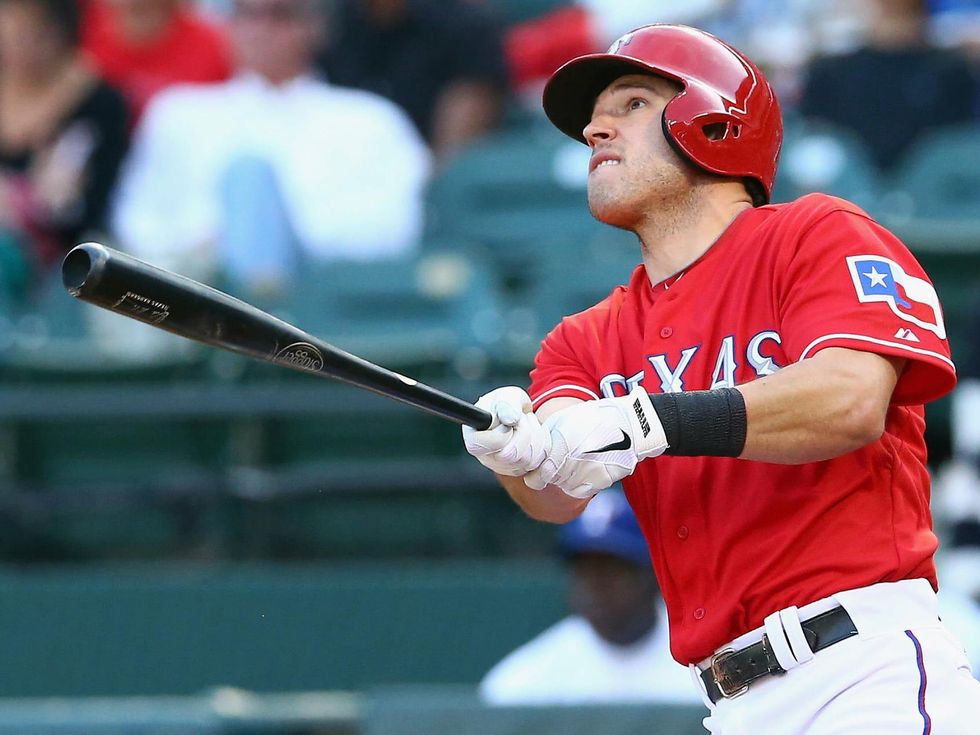
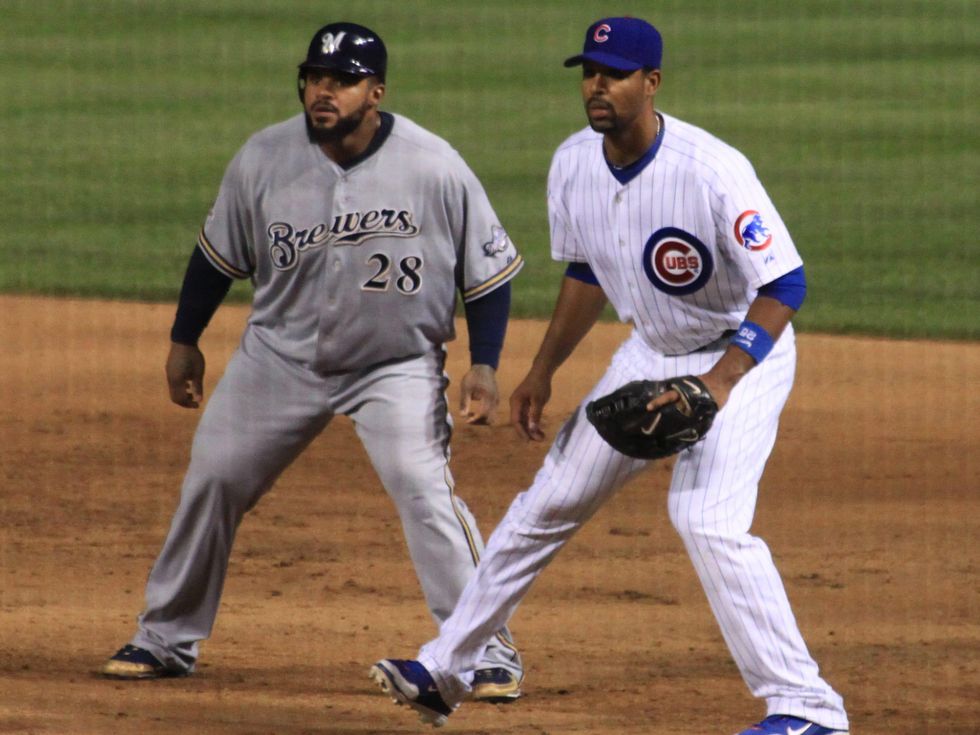
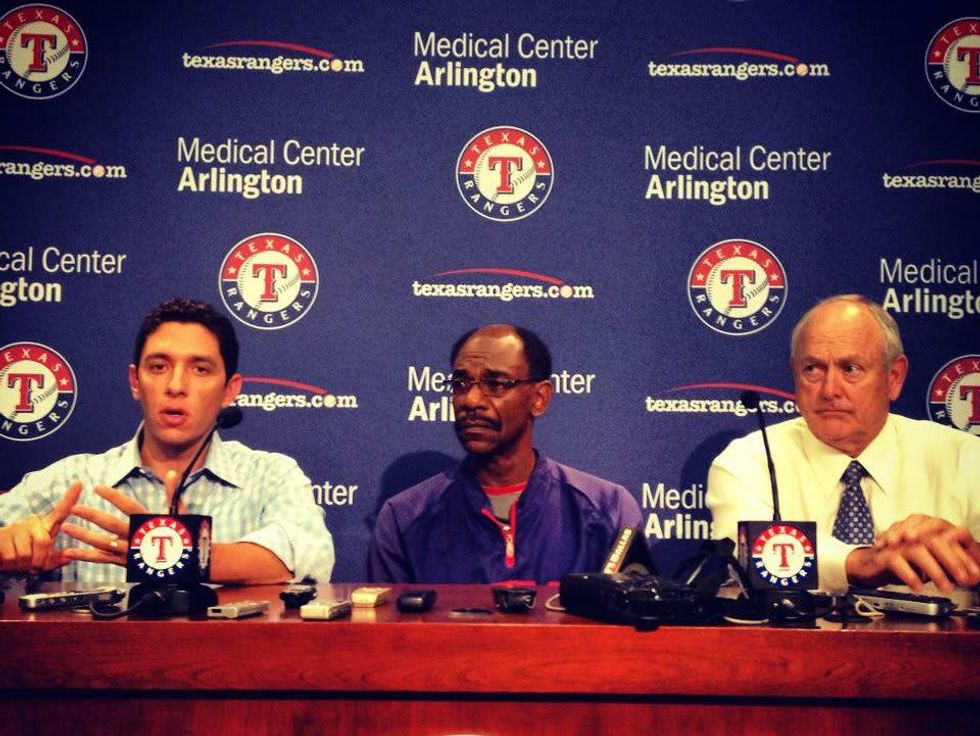
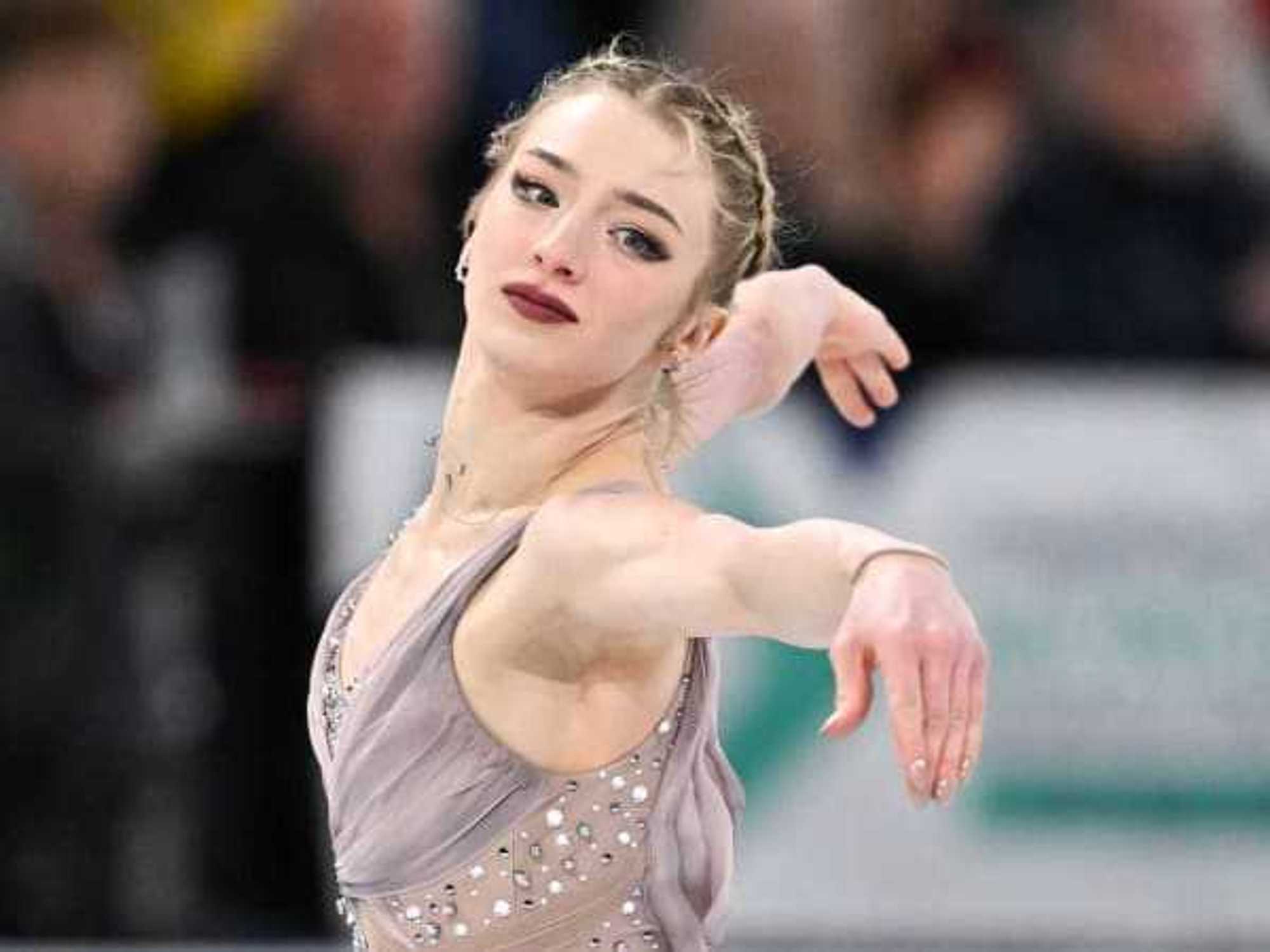
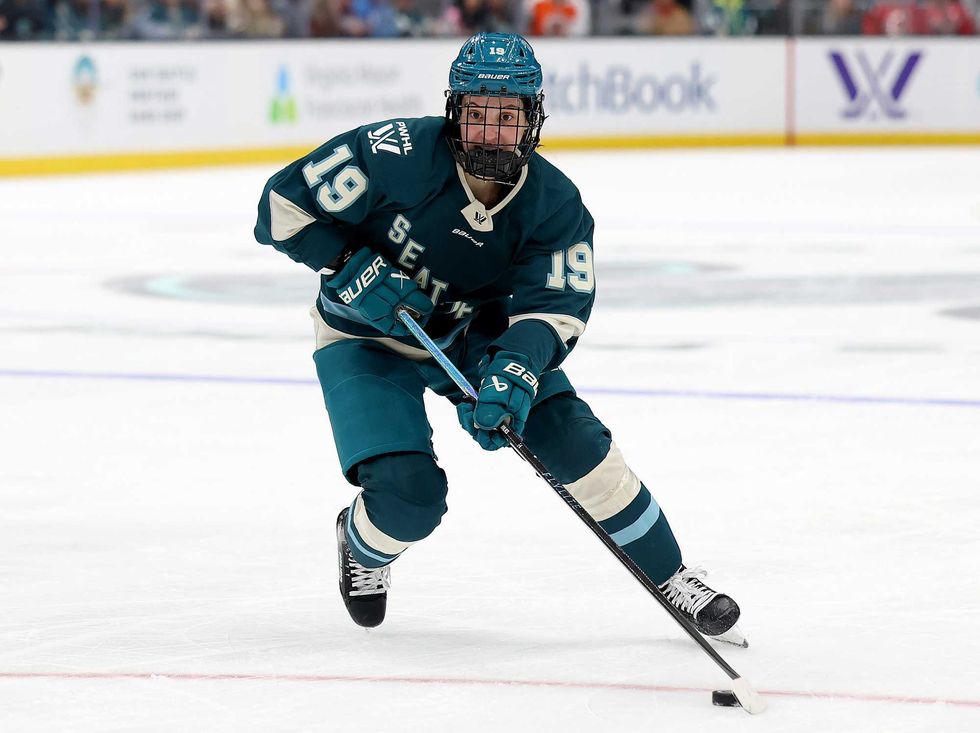 Hannah Bilka is one of two North Texans competing in this year's Games.Photo courtesy of Getty Images
Hannah Bilka is one of two North Texans competing in this year's Games.Photo courtesy of Getty Images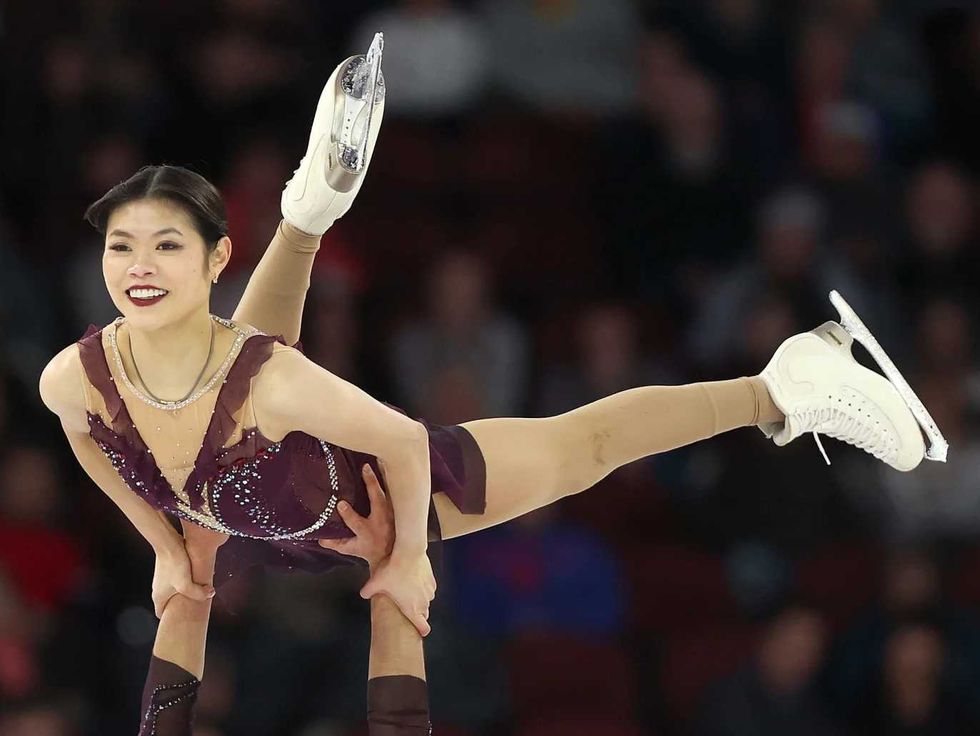 In addition to being a top-notch figure skater, Emily Chan is also trained in Chinese modern dance and ballet.teamusa.com/
In addition to being a top-notch figure skater, Emily Chan is also trained in Chinese modern dance and ballet.teamusa.com/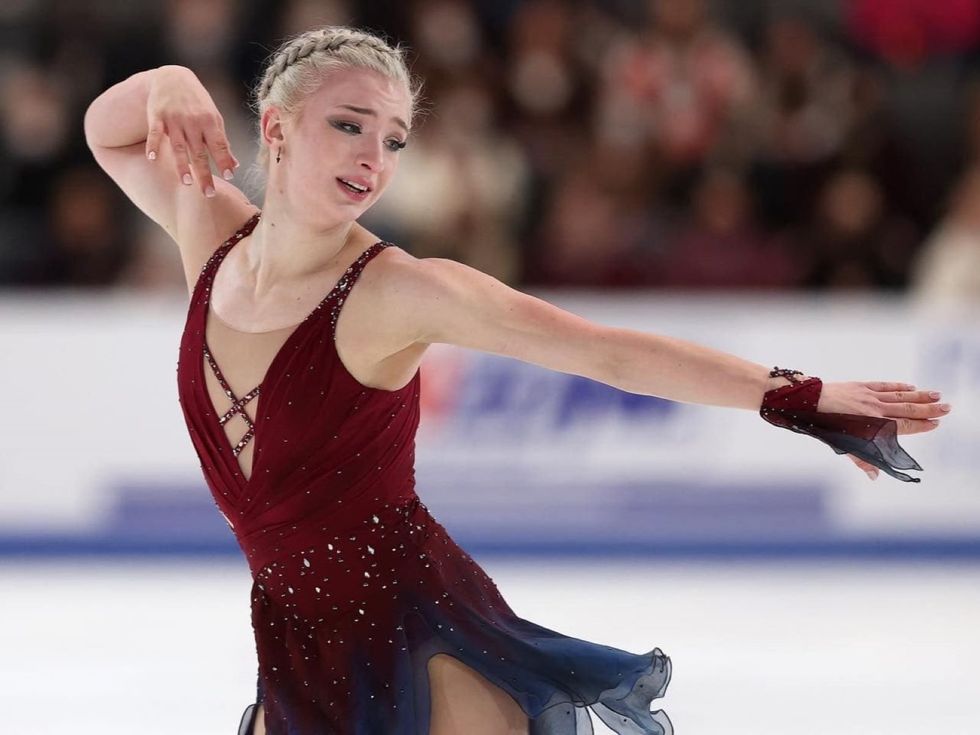 Plano's Amber Glenn will have the Dallas-Fort Worth crowd on its feet. Facebook/ISU
Plano's Amber Glenn will have the Dallas-Fort Worth crowd on its feet. Facebook/ISU 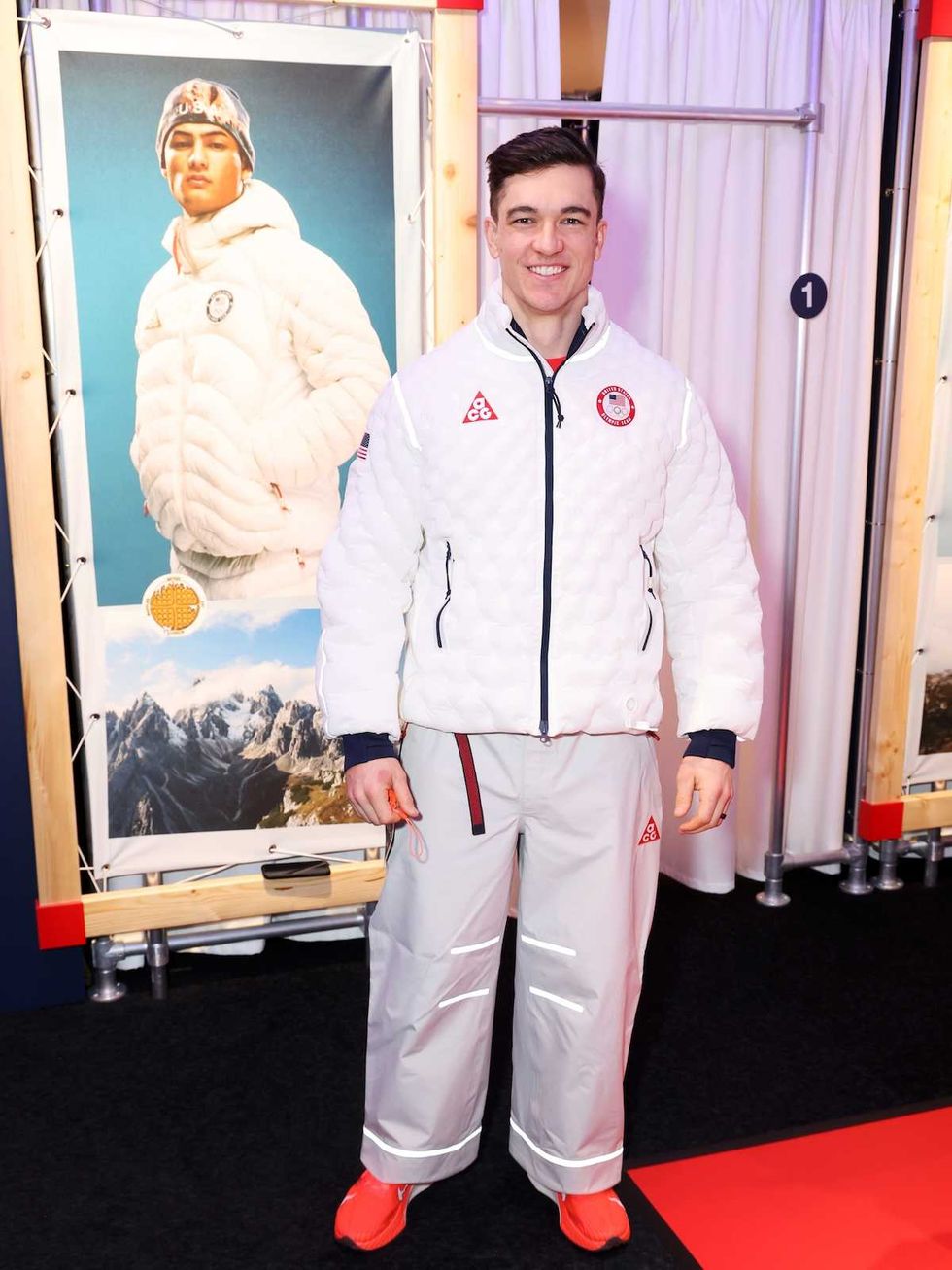 Boone Niederhofer is a former Texas A&M University football player.Photo courtesy of Getty Images
Boone Niederhofer is a former Texas A&M University football player.Photo courtesy of Getty Images